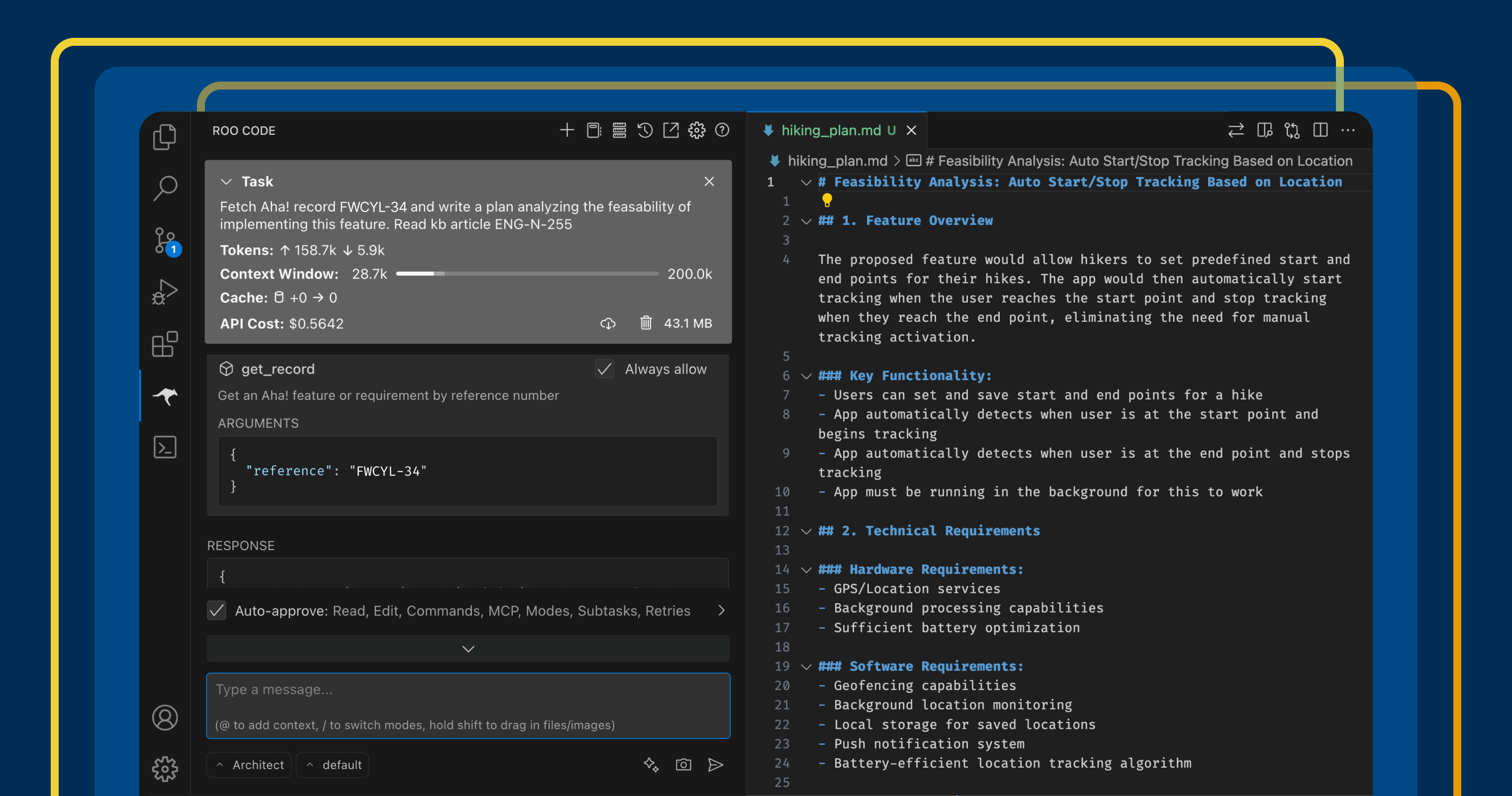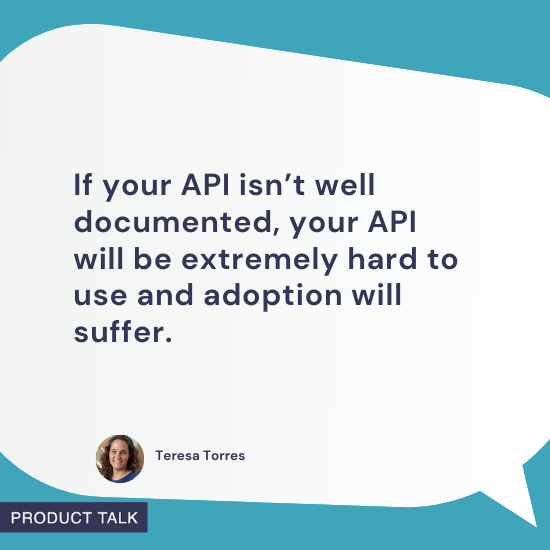my boss says my salary research is wrong because our benefits are so great, calling out sick for flight anxiety, and more
This post was written by Alison Green and published on Ask a Manager. It’s five answers to five questions. Here we go… 1. My boss says my salary research is wrong because our benefits are so great I recently received a promotion with a significant increase in job responsibilities and found myself negotiating salary for the first time in my career. My state requires salary ranges to be […]

This post was written by Alison Green and published on Ask a Manager.
It’s five answers to five questions. Here we go…
1. My boss says my salary research is wrong because our benefits are so great
I recently received a promotion with a significant increase in job responsibilities and found myself negotiating salary for the first time in my career. My state requires salary ranges to be posted with job descriptions, so I have a good idea what other companies in our industry are offering for my role and my years of experience, and I asked for a similar amount, about 10% higher than what I was offered. My manager wanted to know how I came up with the new number, so I pointed out these job postings. She responded that the total compensation I was being offered, including benefits, was already equivalent to the amount I was asking for, so there was no need to increase the offered salary amount.
I understand where she’s coming from; we have very generous benefits, including regular bonuses and multiple reimbursement programs for a variety of qualified expenses, and total compensation is a way to quantify those extra dollars. But in my mind, these benefits are not the same as guaranteed pay. Bonuses are dependent on the company’s profits, and I won’t receive the reimbursement funds unless I incur the relevant expenses. Not to mention that the market rates I’m researching are base salary and I don’t have any way of knowing what the dollar value of another company’s benefits would be for a more equivalent comparison.
Is this normal to consider total compensation when negotiating a salary? Am I too focused on the base salary number? I generally consider benefits as more of a happiness boost than a monetary boost (and this is the first time I’ve had benefits that result in me receiving cash payouts), so maybe I need to adjust my mindset. But I feel like my manager is using the company’s benefits package to justify giving me a salary that is below market rate. I’m wondering how I can approach this better at my next salary review.
Ha, no, the value of your benefits package isn’t supposed to be used like that. Your boss is comparing salary plus benefits at your current company to salary alone at another; it’s apples and oranges (or cash and scones?). For all we know, the other companies’ benefits packages could be the same or better than your company’s is! It sure is convenient for her to use that to swat away the comparisons, but it’s not at all accurate to do that.
Bonuses could be an exception to that if your bonuses are extremely reliable (although still not ideal for the reasons you point out), but “we reimburse a lot of expenses that you may or may not incur”? No.
The next time this comes up, you could say, “I appreciate our benefits, but ultimately salary is the most important piece of compensation for me, and that’s what I’m focused on.” You could add, “I can’t include the value of our benefits package without comparing it to the value of theirs.” (And really, she’s practically begging you to go out and learn more about what the competition is offering.)
Related:
can I include the value of my benefits when I talk about my current salary?
2. Can you call out sick for flight anxiety?
This is a hypothetical, but it almost happened. I just had a weekend social obligation in another city that required two flights each way. (These were domestic flights within the U.S.; my local airport doesn’t have direct connections to the destination city.)
At the gate for the first flight back home, I was feeling very anxious about the flight and almost bailed to rent a car and drive back. If I had done this, I would’ve had to miss one day of work.
Ironically, that flight ended up being super smooth. But if I had gone with my idea, would I have legitimately been able to call out with a sick day, on the grounds that flight anxiety is anxiety and therefore a mental illness?
In theory, in a perfect world where everyone understands anxiety and there’s no stigma around mental health? Sure. It should qualify.
In this world, though, the wiser move in a lot of organizations would have been to just say your travel arrangements got messed up, you were having to rent a car to get back, and you’d need to use an additional day of vacation to do it.
3. My boss won’t let me send client reports until he reads them, but he never reads them
My boss is generally fantastic and supports my professional growth and allows me flexibility in working hours and leeway to manage my clients as best I see fit. However, he has one frustrating area of micromanagement that is causing me workflow issues and I don’t know how to move forward.
Our organization’s clients receive quarterly reports on the performance of their products, which I spend about a day each quarter compiling. My boss insists on seeing the reports before I send them to clients. This is despite me never having an error that needs correcting in the five years I’ve worked here.
The issue is that he is swamped and it takes him forever to get round to checking and approving the reports. Currently, he hasn’t yet looked at my 2024 Q4 reports, and the Q1 reports for 2025 are now also waiting for him to check. When I finish a report, I email him with a link to where it’s saved. I remind him about checking the reports at least twice a week in our standing meetings, and he says he’ll do it that day but gets distracted by more urgent priorities and the client reports get pushed to the bottom of the pile. My clients have been asking for the 2024 Q4 reports for a couple months now and I have been giving them vague promises of “soon.”
Telling clients that the reports are ready but I’m not allowed to send them until I get my manager’s approval makes me sound incompetent. However, being months late sending the reports also seems unprofessional. Every time I finish the quarterly reports, I ask if I can send them to clients, and every time he says “I want to do a quick read-through” and then sits on the reports for months. Do you have any advice on how I could do things differently to get a quicker response? Going to his boss feels like a nuclear option as they’re very senior. I don’t want to stop doing the reports as the clients like them and I find it a useful exercise to see how the products are performing. I just want to send them out reasonably soon after the quarter ends!
Have you laid out for your boss that clients keep asking for the reports and you’re concerned it looks bad to keep delaying and then never send them? If not, do that! And then say, “Since I’ve never had an error in the reports in the five years you’ve been looking them over, could our system be that you’ll have a week to look them over, but then I’ll send them at that point if I haven’t heard back from you? I could give you a heads-up the day before. Otherwise they’re not getting to clients in enough time for them to be useful, and I worry we’re making ourselves look bad by delaying them when people keep asking for them.”
If he doesn’t like that, could you pull the latest report out in your standing meeting and ask him to go over it with you right then and there so you can put it to bed?
4. I flamed out at my last job, but there were mitigating circumstances — can I apply again?
I worked for two years at one of the largest and best employers in my field. During my first year, I did well: received good feedback from managers, got good reviews, had my contract renewed for a second year. During my second year, things took a turn: I struggled, got assigned a new manager in case that would help, was put on a PIP, and ultimately let go.
The thing is, there were mitigating circumstances. Starting right at the year mark, I had a series of crises: three pregnancy losses, a surgery, and then a flare-up of a chronic condition so severe that I had to take leave to get treatment. Needless to say, this drastically impacted my work performance, and though my bosses knew what was going on and gave me some grace, I wasn’t able to do enough to mitigate the damage, and they let me go.
The good news is, I did get treatment — and what’s more, got an actual diagnosis (which I’d never had before) and got medicated, also for the first time. The difference is night and day. I didn’t realize how much my chronic condition had been impacting my work performance until suddenly it wasn’t any more. In my new job, I’m excelling again, and it feels easy in a way it never has before.
I’d like to apply for a role with this org again. I know from reading your site that the phrasing “had some health challenges that have since been dealt with” can go a long way towards explaining resume gaps. But as I understand it, that’s usually done in interviews. Is there a similar way to professionally bring up this situation in my cover letter as a way of basically saying, “Yes, I know my records show I was let go, but the situation was very circumstantial and truly won’t happen again”? Having been a hiring manager, I understand not wanting to take a risk on a candidate with a poor internal record, but as an applicant, I’d love to be considered for the role given that I’m now in a very different life situation and the difficult circumstances are unlikely to happen again.
It’s pretty hard to apply at an organization that fired you for poor performance (despite the mitigating circumstances!) so I wouldn’t rely on a cold application and an explanation in your cover letter. Instead, can you get in touch with your last manager there and share the situation? You don’t need to get into private health details but a general description of what happened, that it’s now resolved, and how well you’ve been doing since might go a long way. You can then say you’d love to come back but understand the previous situation might be an obstacle to that, and do they have any advice on whether, given the circumstances, there might be a way to be considered again? They might or might not be able to help, but that’s going to give you a better shot than just applying cold will do (and that manager will definitely be asked about you at some point if you did get considered, so you might as well talk with them and get them briefed ahead of time anyway). Good luck!
5. Employer wants to photocopy my Social Security card
As part of a starting a recent job, I went through the usual onboarding processes. I’m aware the purpose of the I-9 form is to verify eligibility to work in the United States. My understanding is, and always has been, that presenting these ID’s is sufficient to meet the requirements of the I-9.
Recently, I was asked to provide a photocopy of my Social Security card. The HR person was vague when questioned, only saying, “For company security reasons.” They apparently keep a filing cabinet with these. This is questionable to me and possibly a security risk. Is it legal for a company to request and keep photocopies of sensitive documents such as these?
Yes, it’s legal and not uncommon. Many employers keep copies so that if they’re ever audited, they can show that they did in fact check your documents and record the information correctly. The government’s guidance to employers on this says, “You may make copies (or electronic images) of the documentation you reviewed, but must return original documentation to the employee. If you make copies, they should be made consistently for all new hires and reverified employees, regardless of national origin, citizenship, or immigration status, or you may violate anti-discrimination laws.” They’re also required to keep the copies as secure as the I-9 itself.
For what it’s worth, a photocopy of your Social Security card doesn’t really make you more vulnerable to identity theft than the I-9 itself does, since an identity thief only needs your card number, not an image of the actual card (and that number gets recorded on the I-9).


































































































![Building A Digital PR Strategy: 10 Essential Steps for Beginners [With Examples]](https://buzzsumo.com/wp-content/uploads/2023/09/Building-A-Digital-PR-Strategy-10-Essential-Steps-for-Beginners-With-Examples-bblog-masthead.jpg)





![How One Brand Solved the Marketing Attribution Puzzle [Video]](https://contentmarketinginstitute.com/wp-content/uploads/2025/03/marketing-attribution-model-600x338.png?#)


























